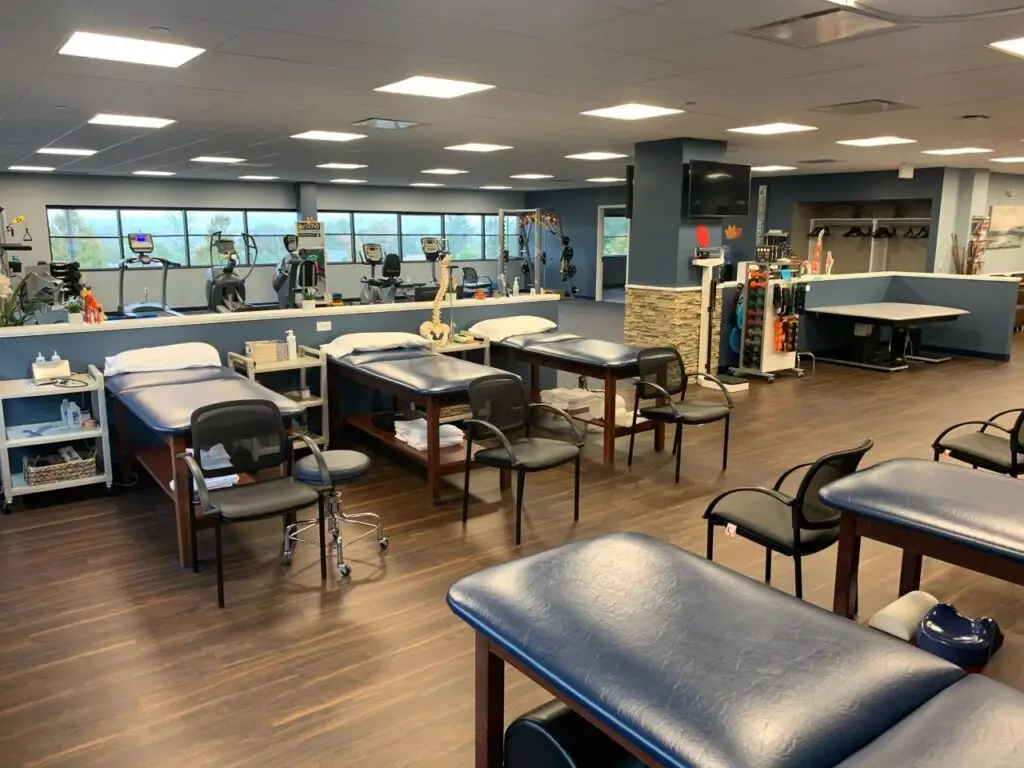Balance problems make it difficult for people to maintain stable and upright positions when standing, walking, and even sitting. Older people are at a higher risk of having balance problems; 75% of Americans older than 70 years are diagnosed as having “abnormal” balance. Older women are more likely than older men to develop balance problems, although the difference between the genders is small. Balance problems increase by almost 30% in people aged 80 years or more. Mexican-Americans have the highest rate of balance problems among all Americans. Physical therapists develop individualized physical activity plans to help improve the strength, stability, and mobility of people with balance problems.
What are Balance Problems?
A balance problem exists when an individual has difficulty maintaining a stable and upright position. A range of factors can cause balance problems, including:
• Muscle weakness
• Joint stiffness
• Inner ear problems
• Certain medications (such as those prescribed for depression and high blood pressure)
• Lack of activity or a sedentary lifestyle
• Simple aging
Balance problems can also be caused by medical conditions, such as:
• Stroke
• Parkinson’s disease
• Multiple sclerosis
• Brain injury
• Arthritis
• Spinal cord injury
• Cognitive diseases
• Diabetes
Balance problems occur when 1 or more of 4 systems in the body are not working properly:
• Vision
• Inner ear
• Muscular system
• Awareness of one’s own body position (called “proprioception”)
Poor vision can result from age, eye tracking problems, or eye diseases. Inner ear problems, also called vestibular problems, can develop from trauma, aging, poor nutrition, or disease. Body-position sense can become abnormal as a result of trauma or a disease, such as diabetes. Muscle strength and flexibility can decline due to lack of exercise, a sedentary lifestyle, or disease.
The brain coordinates impulses from the eye, inner ear, and body-position senses, and sends signals to the muscular system to move or make adjustments to maintain balance. If one or more of the senses is not sending correct signals to the brain, or if the muscular system cannot carry out the necessary movements, a person may not be able to maintain or correct their balance.
Please contact your SportsCare Physical Therapy location to schedule an appointment.
We look forward to meeting you.
For additional info: http://www.moveforwardpt.com
Easily request an appointment below, or call the facility nearest to you to speak with someone from our team!
At SportsCare Physical Therapy we see each of our patients as individuals. With a customized treatment plan that is unique to each patient, our therapists are able to address all of their patients’ specific needs!
At SportsCare we verify your insurance immediately, at no cost to you, so you’re fully aware of your responsibilities way before your first visit.




